Guinea-Bissau
Guinea Bissau will hold presidential elections on November 24 this year, according to a decree announced by president Jose Mario Vaz on Tuesday.
In the upcoming elections, 49 political parties are legally registered in the country, according to the decree.
The November 24 election date is later than proposals put forward by the National Electoral Commission, which had recommended a November 3 first round, with a possible run-off vote on December 8.
Vaz vs Pereira
The West African country has been in political deadlock since August 2015 when Vaz sacked PAIGC party colleague Domingos Simoes Pereira from his post of prime minister after falling out with him.
Pereira has refused to go quietly and repeatedly led protests demanding his reinstatement to the post.
Vaz, also from PAIGC, the African Party for the Independence of Guinea Bissau and Cape Verde, will seek reelection after coming to power in 2014.
A March 10 parliamentary vote saw the PAIGC and its allies control 54 of parliament’s 102 seats but lawmakers proposed Pereira, the party leader, as prime minister, a move rejected by Vaz.
Last month, Pereira led over a thousand party supporters on a march in the capital Bissau.
“Guinea Bissau is in a very risky situation,” Pereira said at the time, addressing the marchers.
Wedged between Senegal and Guinea on Africa’s west coast, Guinea Bissau is notorious for its volatility.
It has seen multiple coup attempts since independence from Portugal in 1973, four of which have been successful.
AFP



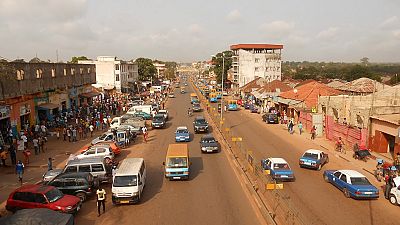



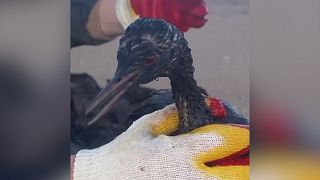
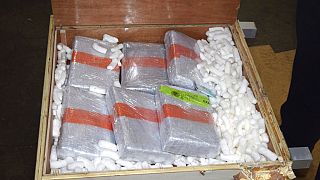

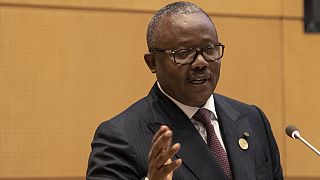
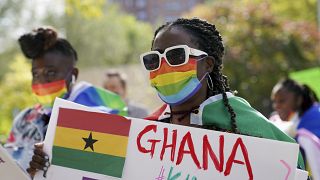
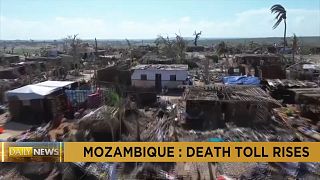
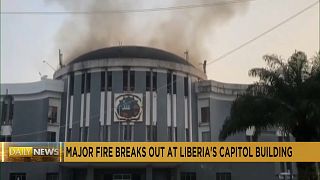
Go to video
Ghana Makes History with First Female Vice President-Elect, Prof. Naana Jane Opoku-Agyemang
01:17
Ghana: Celebrations as ex-President John Mahama triumphs
01:32
The economy as a key concern for voters in Ghana's Presidential election
01:40
Ghana calls for "peaceful and transparent" elections as election nears
01:04
Namibia elects first female president amid controversy
01:04
Namibia Election: Will SWAPO’s Nandi-Ndaitwah Make History?